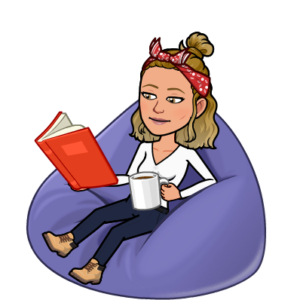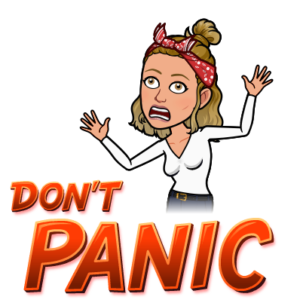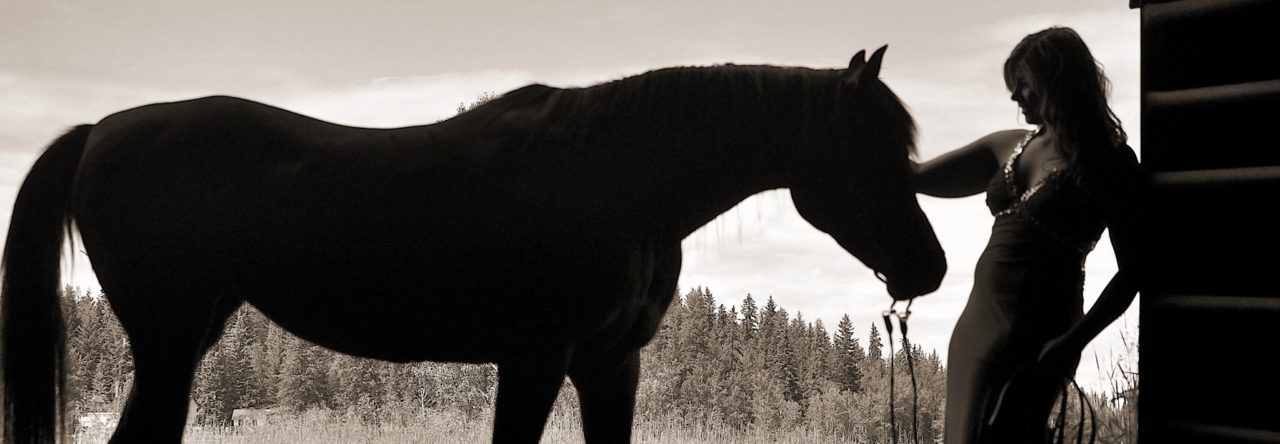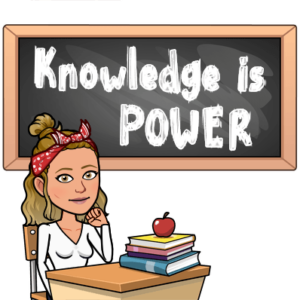Below, I answer 3 questions we were asked from our EDU 394 class. I broke them into categories and felt they each deserved their own attention.
-
What is your biggest learning so far about teaching and learning in your first month of the B.Ed. program experience?
The biggest learning or “ah-ha!” moment I’ve had since beginning with the UNBC Ed program in September was the relationship between changing schedules, student’s abilities to adapt and understanding different reactions when last minute changes are made. This doesn’t seem like something you’d reflect on, but I’d like to share a back story with you:
Two years ago, I was teaching Gr. 6/7 at one of our rural schools. It was my first time ever teaching in an elementary school, and I was heading to what I thought was my gym time (keep in mind, it is now 1:00pm, and my students have seen the schedule on the board all day long and have been looking forward to this.) Turns out, the first week of school there’s a sign-up sheet prior to the actual schedule taking place the following week- so when I arrived to the gym with my class, of course; it was full. One of my Gr. 6 students had a complete meltdown (and I am probably under exaggerating.) She threw herself into the walls, ripped her hair out of her head with her fingers and teeth while screaming. Of course; this reaction was not at all what I had expected and it’s a rather extreme one, BUT; I had learned from then on that if there was going to be any schedule changes, I would need to mentally prepare this student for that well in advance.
Another example of student reactions to schedule changes are when we are going to go outside and I decide not to because of weather, or when I say we are only going to focus on socials for so long and my class seems to be on a roll so I let them continue… I didn’t realize the impact both positive and negative that could have on a student until I- went back to the classroom in a different perspective.
Fast forward to present day, myself now as a student, I have found that when our UNBC schedule changes, goes over time, or doesn’t stick to the syllabus (knowing very well that this is a completely normal and adaptable circumstance I need to get over) I can’t help but notice my mood and how it’s mostly negatively affected. Because my brain is wired to schedule my life so intricately, an extra 20 minutes, or extra time- despite the adaptability, can really mess with me. That extra 20 minutes I planned to get in a yoga because that could have very possibly been my only 20 minutes to myself that day. Or when I plan to go ride my horse but extra learning is scheduled for that day, or an extra reading is posted that wasn’t on my syllabus so I can no longer go do that… it almost breaks my heart with disappointment when I do not have the daylight to accomplish my passions that help with my mental health and well being.
What I have taken away, is I didn’t realize that while I was teaching, I asked my students to adapt- a lot. Sometimes we didn’t have a choice, but other times I did have the choice to stick to the schedule or not but I would change it based on how I was feeling or how I thought the students were feeling. Granted; I always gave them voting “rights” and options so that they delegated their changes and learnings- however; it is the change in itself that was probably rattling for them. The thing is- I probably super disrupted their day changing the schedule so much. It’s one thing if you’re like “you all want to take a break and go for a walk?” but even then, maybe there was that one student who was finally on a roll, or on a breakthrough and now you completely busted that thought process by offering something you thought was a good thing. Case and point: I am going to think twice now as an educator before I go changing up my schedule.
The last thought I have on this, was our EDU 394 instructor mentioned, “Age Appropriate Structure.” No wonder I have been fighting with this internally. As adults, part of our success in ANY work force is our ability to adapt, but you would never ask that of say a Kindergarten class where structure is 100% necessary to the success of the classroom. I will have to continue to monitor this as I further my educational journey, constantly assessing what age group I have and the dynamic of the classroom.
-
What is the expected learning so far?
Something that I was expecting to learn and am learning is more in-depth about in our UNBC Renewed

Education Program, are ways to incorporate Indigenous ways of learnings, knowing and being in the classroom using the First Nations Principals of Learning (FPPL.)
I think by being able to explore the definitions that have been thrown around at me at Professional Development days, but never really explained, has help deepen my understanding about how I can do my part as an educator with Truth and Reconciliation. It has been great being able to go beyond keynote speakers and the “hypothetical” aspect, and really dive into how we as future educators can really start to make the changes in our classrooms and districts. I like that it is also acknowledged that many educators (even veteran educators) struggle with “risk taking,” and are “afraid to get [it] wrong” so many times the intentions are there to implement FPPL, but the ability to execute is not. This acknowledgement makes me feel less alone in my journey to new ways of knowing, learning and being- and has allowed me to review previous ways I’ve taught and how to continue to grow.
An example of my growth has been, when I first started teaching, I did not have a single clue how to implement the FPPL into my class (even though a lot of what I did fell under the learnings- I did not know how to draw those connections for my students.) I started by bringing in Miss. Holli our Aboriginal Coordinator for District 28 to have her do a few teachings, and from there I was able to build units off of her material (with permission of course.) This is what gave me my start. I kept those units and have modified them with my class the following year, but somewhere along the way I think I missed a HUGE part of that learning- the “why.” I do not think I covered “why” are we learning this in school well enough for my students to comprehend Truth and Reconciliation. I am grateful I have the chance to learn more about the FPPL, so when I go back to the classroom I will be able to give my students a fair comprehension of the “why” and not just the “what.”
-
What have you learned about yourself?

I have learned that I am becoming increasingly sensitive to many of our readings that group “Aboriginal Educators” into this category of “all knowing.” For example, in chapter 3 of: “Learning, Knowing Sharing- Celebrating Sucesses in K-12 Aboriginal Education in British Columbia” by Jo-ann Archibald it states:
“It was our initial observation that non-Aboriginal teachers often felt ill-equipped to address the goals of the EAs [Enhancement Agreements] and that their fear of making mistakes held them back from trying” (pg 31. Linda Kayser, Judy Halbert, Trish Rosborough.)
This is one of many examples of readings we have been given through our program where my own insecurities of an Aboriginal Educator rise. I feel that no where in our learnings or text does it state, “Not all Aboriginal educators are experts on the First Nations Principals of Learnings and not all Settler educators are naïve to them.” I feel this unnecessary sense of pressure that because I have failed to obtain as much knowledge in Indigenous studies as others in my culture, that I have failed my culture (when really, if we want to point fingers, let’s take a look at all the times we talked about different ways of knowing, learning and being in my education throughout K-12… no wonder I am clueless.)
So, what have I taken away? I have learned about myself that yes, although I am insecure about my lack of knowledge of my culture, I am willing to take on new learnings. I am willing to dive into, absorb and implement FPPL in my classroom, admit when I “do not know” and own my own educational journey. I have to remind myself that our text books are not attacking me personally, they are generalizing and that is okay!
First Nations Principal of Learning #7: “Learning involves patience and time”
(Click the link to take you to Jo- Crona’s Blog on the FPPL to dive deeper into Principal #7)
Until Next time,
I am a Teacher, and this is my Journey.


unavailable
Hey Rae!
I really liked how you incorporated your own experiences and stories into your thinking, it gives the reader (moi) a better understanding of your thought process on the subject. I can empathize with you when it comes to the pressure of understanding ones on culture – though for me it’s my European side; but it is unneeded pressure, you’re doing a wonderful job sharing your thoughts and outputs on areas you excel in, and that’s what is key to a successful educator. 🙂 Also, I thoroughly enjoyed your use of emojis to express yourself, I’m a big fan of visuals myself!
One thing I will say, and it was hard of me to think of a critique because I really loved reading though this, is to not be critical of yourself. You’re doing an incredible job, and you should acknowledge that! 🙂
Allison G